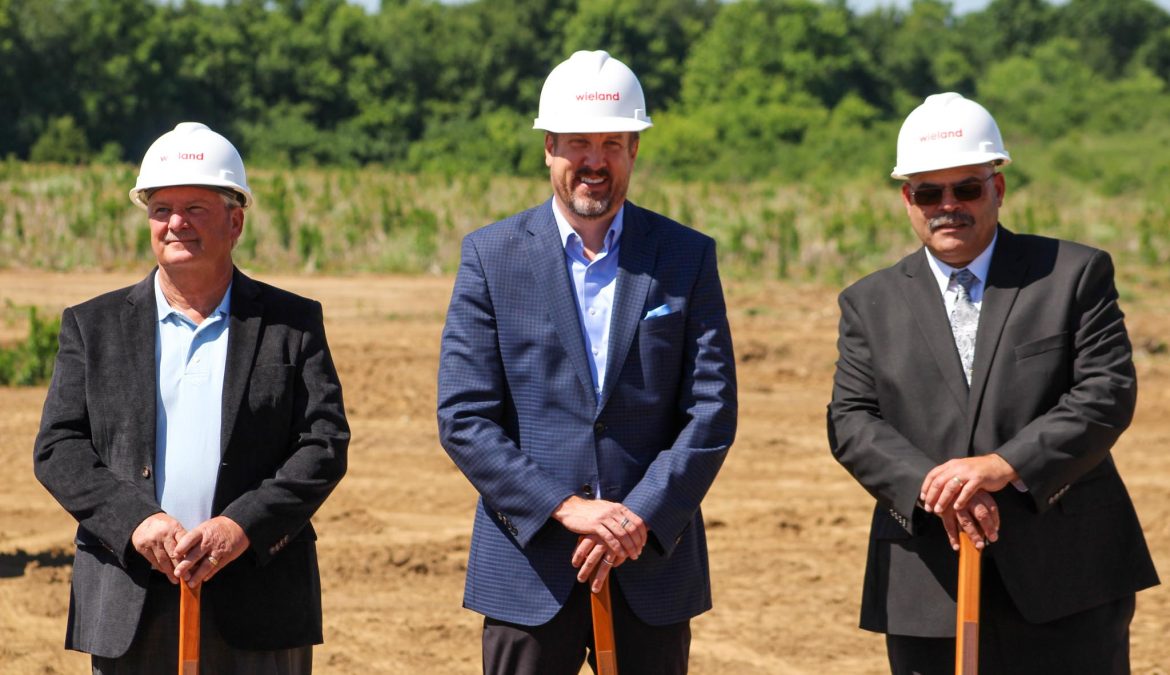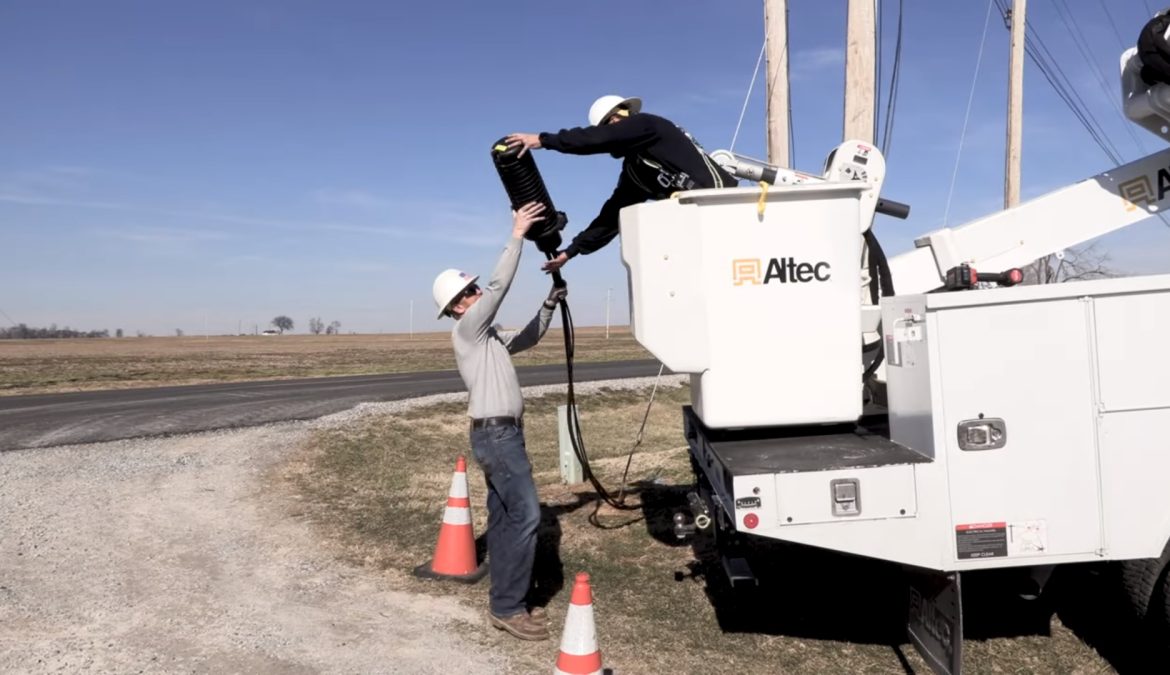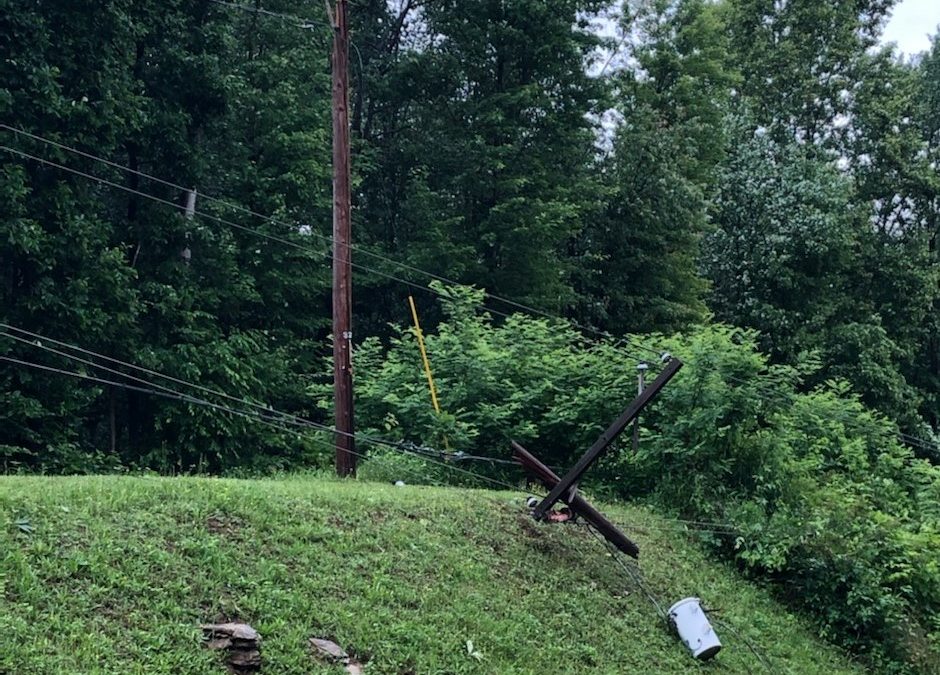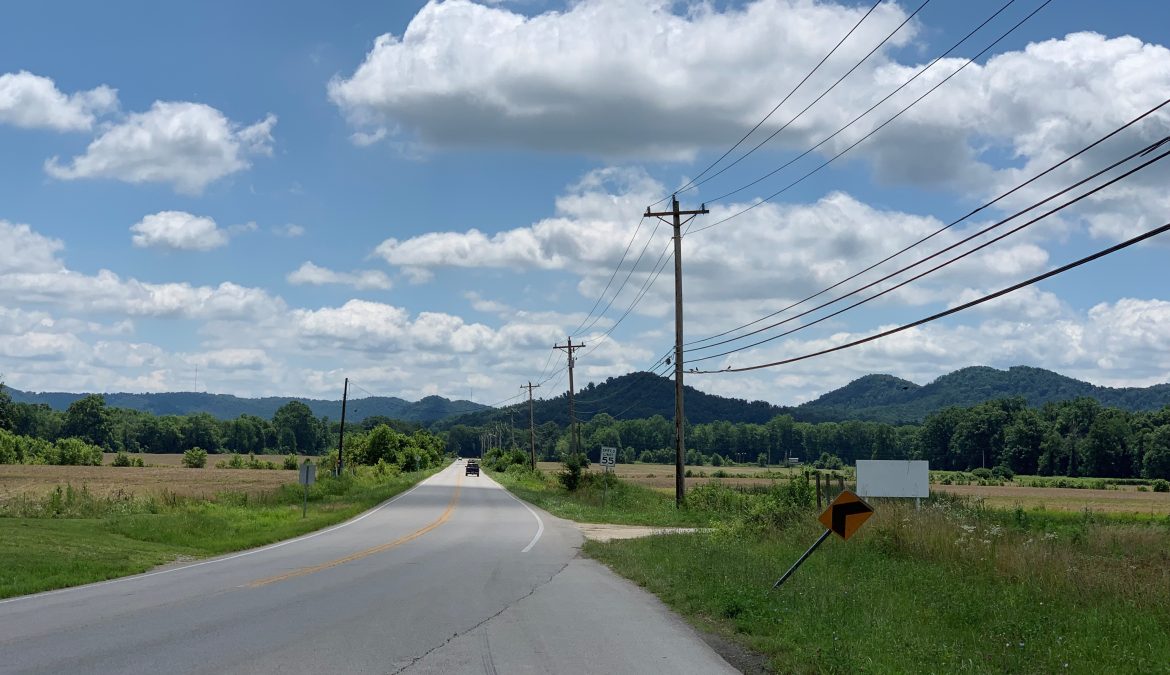Three electric cooperatives are among the 12 internet service providers and local governments announced as broadband grant recipients by Gov. Andy Beshear on Monday. The allocation of federal American Rescue Plan funds is earmarked for unserved and underserved households and businesses across Kentucky.
Of the $89.1 million in grants announced Monday, $19.3 million will support the broadband deployment efforts of three electric cooperatives:
• Pennyrile Rural Electric Cooperative received seven grants totaling $13,827,320. The overall project cost is $27,906,340 including the required matching funds. This investment will expand access to high-speed internet to 5,598 currently unserved households and businesses located in Caldwell, Christian, Lyon, Todd and Trigg counties.
• Gibson Connect received a grant for $4,650,880. The overall project cost is $11,073,552 including the required matching funds. This investment will expand access to high-speed internet to 1,763 currently unserved households and businesses located in Fulton, Graves and Hickman counties.
• Tri-County Electric received a grant for $900,000. The overall project cost is $1,800,000 including the required matching funds. This investment will expand access to high-speed internet to 97 currently unserved households and businesses located in Monroe County.
The awards are the result of a bipartisan agreement signed into law by Gov. Beshear in April 2021 that allocated $300 million in federal American Rescue Plan dollars to bring internet access to unserved and underserved communities across the commonwealth.
“This is a tremendous example of our elected leaders coming together for the best interests of Kentuckians. This is what electric co-ops are all about and we thank Gov. Beshear and legislative leaders for making it happen,” said Chris Perry, president and CEO of Kentucky Electric Cooperatives. “We especially appreciate the vote of confidence in electric cooperatives in the General Assembly led by Senate President Pro Tempore David Givens, Rep. Jason Petrie and Rep. Brandon Reed.”
“In addition to the legislation that enables the grants announced by the governor, the General Assembly in 2022 also approved House Bill 315 which streamlines the regulatory process for cooperatives wishing to deploy broadband, appropriates $300 million to support broadband in rural Kentucky, and unlocks future federal funding,” Perry said.
“I am incredibly pleased to announce what I believe is the single largest provision of funding for high-speed internet in our commonwealth’s history,” Gov. Beshear said. “High-speed, reliable internet service is not just the infrastructure of the future, it is the infrastructure of the present. It is just as important right now as roads and bridges. And today is a key part of our plan to build a better Kentucky, as high-speed internet will be critical to the success of our state’s economy and to future job creation.”
In Christian County, Todd County and Trigg County, energynet, a partnership between Hopkinsville Electric System and Pennyrile Rural Electric Cooperative Corporation, will receive a boost due to Kentucky Infrastructure Authority funds.
“We are grateful for the opportunity to partner with the state and build a fiber-to-the-home network for the communities we serve,” Pennyrile Electric Cooperative President and CEO Alan Gates said. “This funding from the Kentucky Infrastructure Authority will alleviate some of the significant financial burden associated with building a rural fiber-optic broadband network.”
Gibson Electric will apply the Kentucky Broadband Deployment Program grant funds in Fulton, Graves and Hickman counties.
“Our member-owners desperately need high-speed, fiber-based internet service and it will vastly improve the quality of life in our communities by providing opportunities for education, health care, jobs, entertainment and more,” said Dan Rodamaker said, president and CEO of Gibson Electric Membership Corporation and Gibson Connect. “We plan to begin work immediately and will soon communicate details of our buildout plan.”
Tri-County Electric expressed excitement for their members who will benefit from the broadband support both now and into the future.
“We are absolutely thrilled with the announcement regarding the approval of Tri-County Electric’s broadband grant application,” Tri-County Electric CEO Paul Thompson said. “I believe that having our application approved is evidence that the state knows we are ready to provide fiber internet to Cumberland County.”
“These grants will lower the cost of construction so that our most rural areas will have access to this necessity of high-speed internet,” State Budget Director John Hicks said. “These funds are dedicated to unserved areas in Kentucky. We’re also setting up Kentucky’s first Office of Broadband Development to help administer and create a master plan for the commonwealth to provide universal service to every Kentuckian.”






